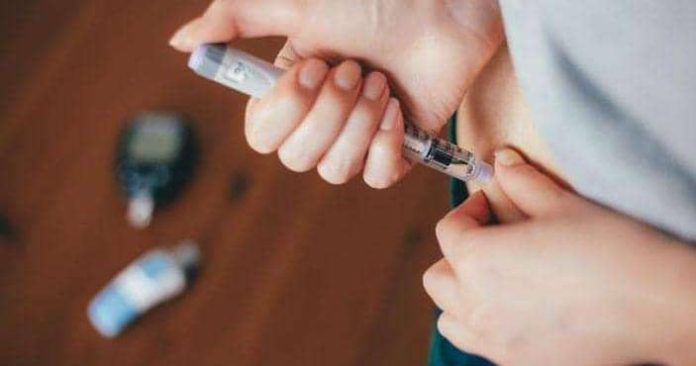Chinese researchers have claimed a major breakthrough in diabetes treatment, reporting a successful cure for the first time. This follows a pioneering stem cell transplant performed on a 59-year-old male patient in 2021, who has not required any medication since 2022.
The innovative procedure involved creating synthetic pancreatic cells responsible for insulin production and blood sugar regulation.
The patient, who had lost nearly all function of these insulin-producing cells, known as islets, after developing type 2 diabetes 25 years ago, previously needed multiple daily insulin injections to avoid severe complications, including the risk of diabetic coma.
Diabetes disrupts the body’s natural production of insulin, a hormone crucial for blood sugar regulation. Patients with diabetes often struggle to control their blood sugar levels due to pancreatic dysfunction and rely on blood sugar monitors to manage their condition through diet and insulin.
While diabetes has traditionally been managed rather than cured, requiring strict diet and exercise regimes to maintain remission, this Chinese case suggests blood sugar regulation can be restored without lifestyle changes. The treatment utilized stem cells, which can differentiate into various cell types. Researchers transformed the patient’s stem cells into pancreatic cells using a novel chemical mixture.
These lab-grown pancreatic cells produce insulin, enabling the body to regulate blood sugar levels naturally. The success in this patient has been confirmed by the resumption of his insulin production.
Timothy Kieffer, a cellular and physiological sciences professor at the University of British Columbia, praised the study as a significant advancement in cell therapy for diabetes but emphasized that further research is necessary. He noted the need for additional trials and the challenge of scaling up the treatment for widespread use, given the current complexity, time, and cost of converting stem cells into functional pancreatic cells.
The treatment might primarily benefit those with type 2 diabetes. For type 1 diabetics, whose immune systems attack their pancreas, the new cells might be rejected, posing a significant challenge.
Despite these hurdles, the research marks a promising development for millions living with diabetes. Dr. Yin Hao, a lead researcher, highlighted the progress in regenerative medicine for diabetes treatment.
The study was a collaborative effort between Shanghai Changzheng Hospital, the Centre for Excellence in Molecular Cell Science under the Chinese Academy of Sciences, and Renji Hospital.



